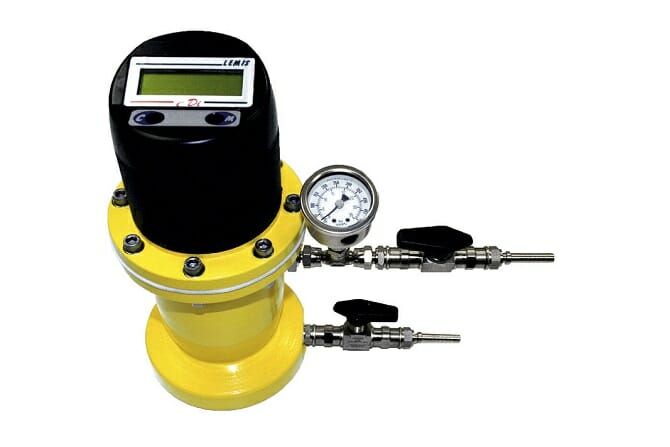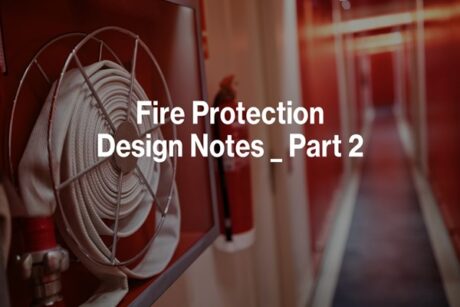- Course No E – 1607
- PDH Units 2.00
No data found for Custom Course Number
No data found for Custom Course Units
- Course No E – 1607
- PDH Units 2.00
Intended Audience: chemical, mechanical and environmental engineers
PDH UNITS: 2
The density and/or viscosity of a gas is often needed for some other calculation, such as pipe flow or heat exchanger calculations. This course curated by Dr. Bengtson contains discussion and example calculation of the density and viscosity of a specified gas at a given temperature and pressure. If the gas temperature is high relative to its critical temperature and the gas pressure is low relative to its critical pressure, then it can be treated as an ideal gas and its density can be calculated at a specified temperature and pressure using the ideal gas law. If the density of a gas is needed at a temperature and pressure at which it cannot be treated as an ideal gas law, however, then the compressibility factor of the gas must be calculated and used in calculating its density. In this course, the Redlich-Kwong equation will be used for calculation of the compressibility factor of a gas. The Sutherland formula can be used to calculate the viscosity of a gas at a specified temperature and pressure if the Sutherland constants are available for the gas. This formula will be discussed and used in example calculations. Another method for calculating the viscosity of air at a specified temperature and pressure will also be presented and discussed. Some of the equations that will be described and illustrated through examples are shown below.
Learning Objectives
At the successful conclusion of this course, you’ll be able to calculate the following using either U.S. or S.I. units:- Density of a gas of known molecular weight at a specified temperature and pressure at which the gas can be treated as an ideal gas
- Compressibility factor for a gas at a specified temperature and pressure, using the Redlich-Kwong equation, if the molecular weight, critical temperature and critical pressure of the gas are known
- Density of a gas at a specified temperature and pressure for which the gas cannot be treated as an ideal gas, if the molecular weight, critical temperature and critical pressure of the gas are known
- Viscosity of a gas at a specified temperature if the Sutherland constant for the gas is known as well as the viscosity of the gas at a suitable reference temperature
- Viscosity of air at specified air temperature and pressure
Once completed, your order and certificate of completion will be available in your profile when you’re logged in to the site.










